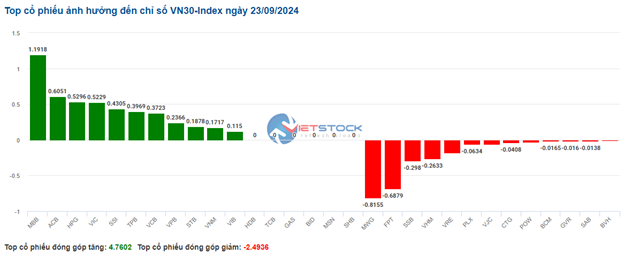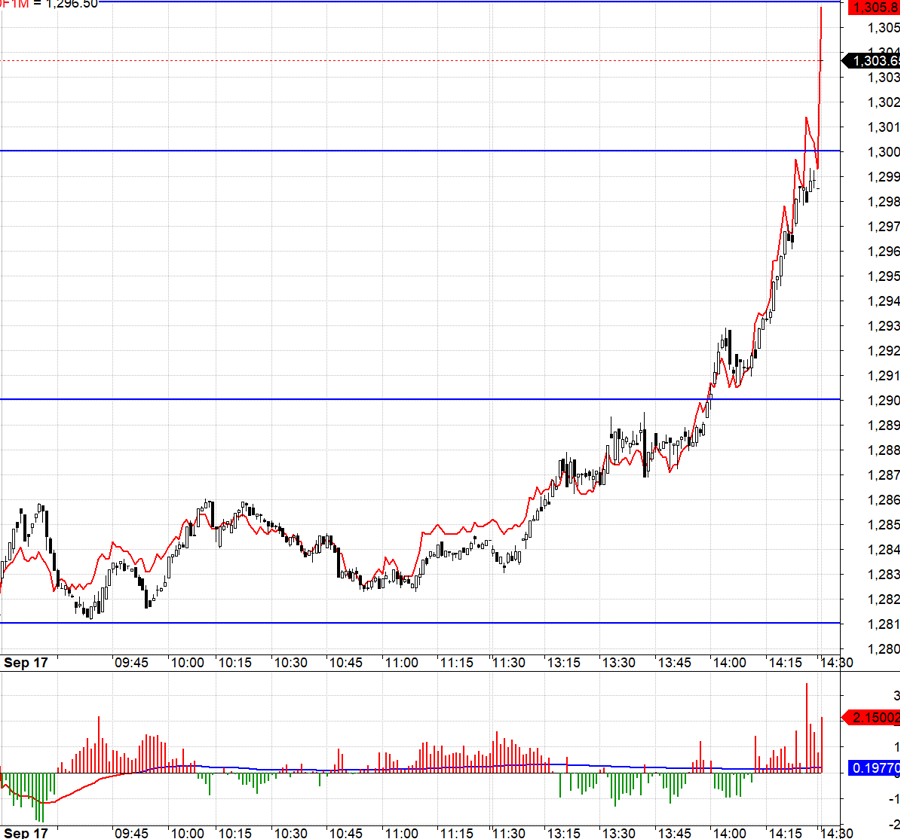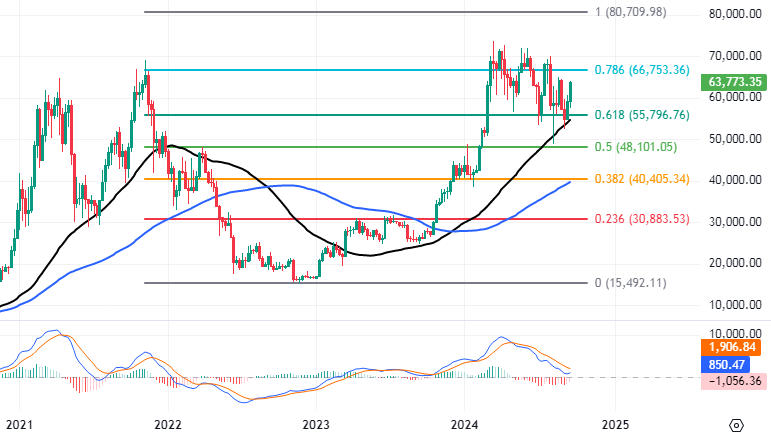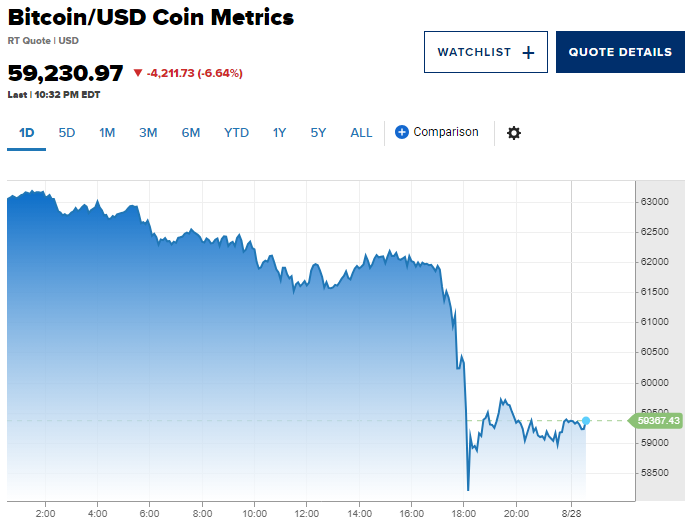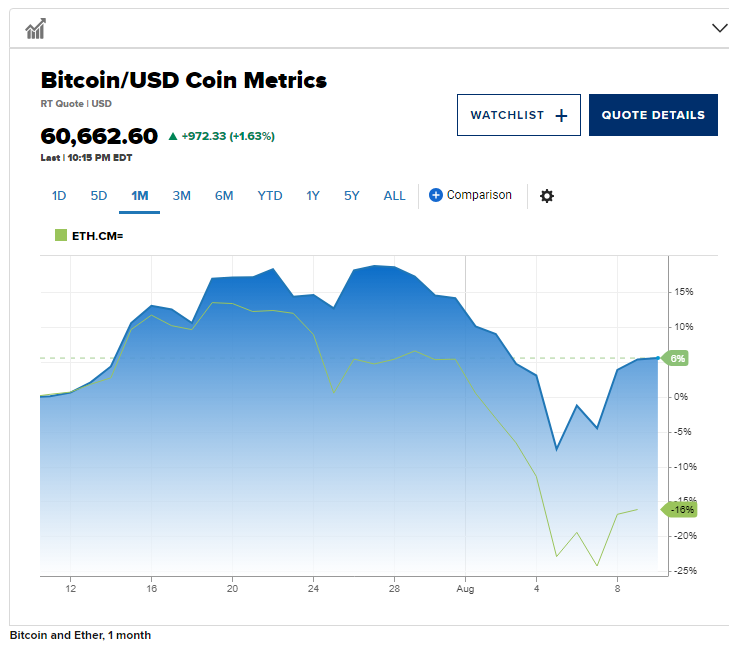Unraveling Supply Chain Constraints
Mr. Nguyen Quang Vu, Chairman of the Binh Duong Province Footwear and Handbag Association, pointed out that the biggest challenge businesses are facing is the bottleneck in the supply chain of raw materials and accessories. According to Mr. Vu, major footwear importing countries have introduced a series of new requirements, with increasingly high expectations for social and environmental responsibility.
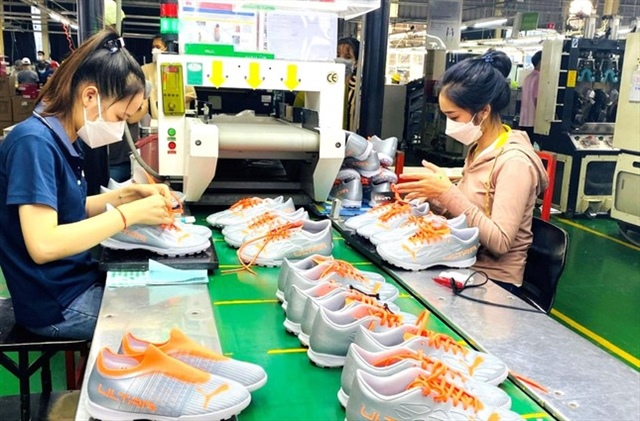 A worker producing shoes in a factory in Binh Duong province, Vietnam. Photo: H.C |
The European Union (EU) has started to impose new requirements on ecological safety and sustainability. To meet the EU market’s demands, manufacturers must take responsibility for the product life cycle and recycle their products. They are also required to conduct sustainability audits for businesses with a turnover of 450 million euros and over 1,000 employees. Additionally, there is a growing focus on supply chain transparency and traceability of raw materials, with foreign imports needing to be fully transparent about their production processes.
According to the Binh Duong Province Footwear and Handbag Association, with 15 free trade agreements in place, Vietnam has access to and established trade relations with nearly 230 markets. Policy changes in import markets will significantly impact businesses in the leather and footwear industry.
Dony Garment Company, a garment exporter to multiple countries, also struggles to meet the criteria set by foreign partners. “We used to export to Europe, but this market now has strict regulations and criteria regarding product origin, including raw material supply traceability, green production processes, and sustainable production… We face difficulties in capital rotation for ‘greening’ our operations. Smaller-scale enterprises encounter even more challenges,” shared Mr. Pham Quang Anh, Director of Dony Garment Company.
Mr. Pham Van Viet, General Director of Viet Thang Jean Company, observed that the purchasing trends of major global clothing importers are shifting. They now prioritize supply chains capable of multi-stage production, concentrated in one location, with complete transparency from raw materials to finished products. Meanwhile, Vietnam’s textile and garment industry lacks chain linkage and relies heavily on foreign raw materials.
Transitioning to Green Production
Mr. Nguyen Ngoc Hoa, Chairman of the Ho Chi Minh City Association of Enterprises (HUBA), asserted that developing a green and circular economy is imperative for the survival of not just individual businesses but also the entire national economy.
To keep up with global trends, Viet Thang Jean Company had to invest in machinery, transition to green production, and adopt technology to reduce costs and enhance competitiveness. The company utilizes 3D technology for design, shortening production time by a quarter, and employs laser for fabric printing, cutting, and color spraying. As a result, their capacity has tripled compared to previous levels. Additionally, the company has installed a water treatment system and adopted production methods that adhere to Europe’s green standards.
|
“To support businesses, Ho Chi Minh City has taken the initiative to work with the World Bank and assigned the Department of Planning and Investment to develop a green transition project portfolio to attract investors. The city also collaborates with other financial institutions to provide policy and credit support for the transition to a green economy. Furthermore, Ho Chi Minh City has launched an investment stimulus program, in which green transition projects will be prioritized for interest rate support.” Mr. Nguyen Ngoc Hoa, Chairman of the Ho Chi Minh City Association of Enterprises |
Mr. Nguyen Duc Thuan, Chairman of TBS Group, shared that the footwear industry is presented with significant opportunities through free trade agreements. However, to seize these opportunities, it is necessary to develop domestic supporting industries and raw material suppliers. TBS Group has established a TBS Group Handbag Research and Development Center and is proposing the construction of a raw material trading center.
Ever Tech Plastic Vietnam Company, a manufacturer and processor of shoe soles and molds with over 1,800 employees, exports its products to the US and the EU. The company is striving to secure more orders by adopting green production standards to meet the market’s evolving demands. “Despite the challenges, we have participated in energy reduction and greenhouse gas emission reduction projects with brands like Adidas and Nike,” shared Ms. Nguyen Thi Ngoc, Deputy General Director of Ever Tech Plastic Vietnam Company.
The leadership of the Binh Duong Province Footwear and Handbag Association emphasized that the footwear industry is considered a significant contributor to carbon emissions, and the EU is a substantial export market. Therefore, in the next phase, businesses in this sector must adapt to the EU’s new regulations.
To ensure the sustainable development of the footwear industry, businesses have proposed the formation of a specialized industrial park for supporting industries, focusing on leather tanning, technical fabrics, and mold accessories. This centralized approach will facilitate environmental protection and organized production, fostering the growth of auxiliary industries with appropriate mechanisms and policies.
By Uyen Phuong and Huong Chi


